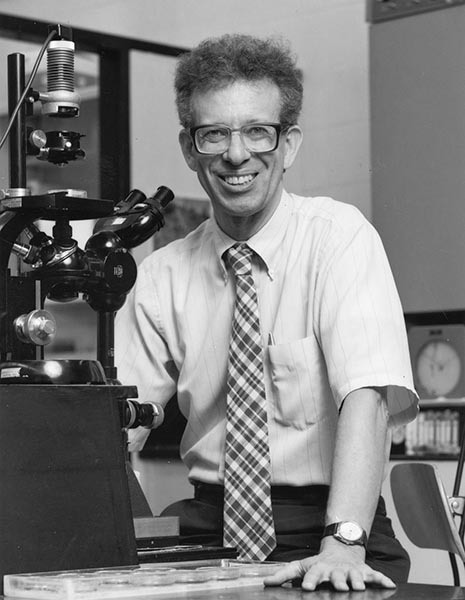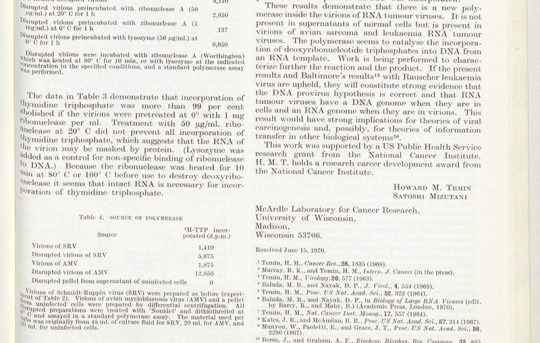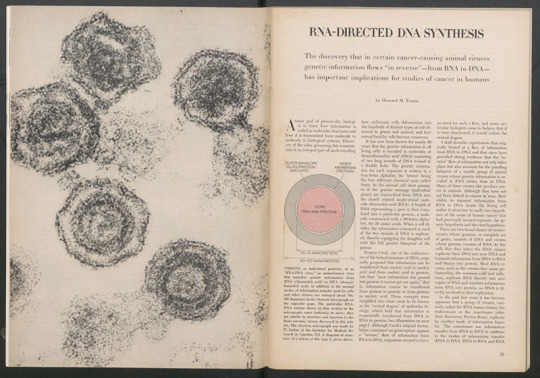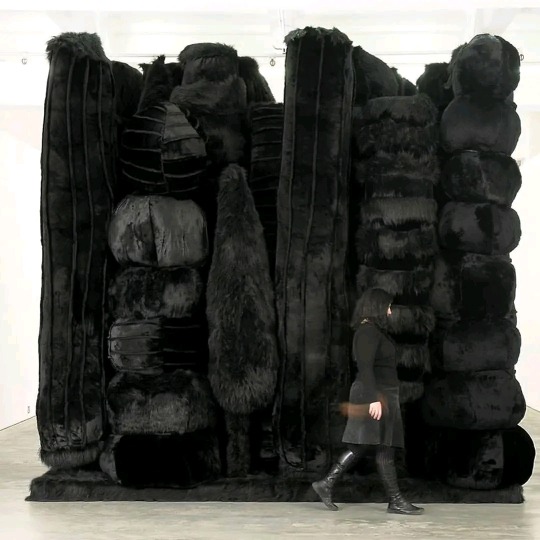#temin
Text
230529 [SHINee] 230528_Fanmeeting Backstage (2).atoz
샤이니 #SHINee
SHINee_FANMEETING
EverydayisSHINeeDAY_PieceofSHINE
EverydayisSHINeeDAY_PieceofSHINE_SHINee_FANMEETING
#SHINee#Onew#Key#\Minho#Temin#SHINee Official Instagram#Piece Of Shine SHINee Fanmeeting#230529#instagram
4 notes
·
View notes
Text
‘Suyumuza sahip çıkalım’
Erdoğan, paylaşımında şu ifadelere yer verdi: “Su kaynaklarımız, geleceğimiz için kırmızı alarm veriyor. Veriler, en fazla su kaybının içme suyu temin ve dağıtım aşamasında oluştuğunu gösteriyor. Bu doğrultuda başlatılan ‘Su Verimliliği Seferberliği’, önemli bir başlangıç adımı. Kontrolsüz su tüketiminin önüne geçmek için belediyelerimiz başta olmak üzere hepimize görevler düşüyor. Bugün suyumuza…
View On WordPress
#alarm#asama#başlangıç#belediye#dagitim#dogrultu#gelecek#görev#ifade#kaybı#kayıp#kontrol#önem#onu#paylaşım#sahip#suyu#TEM#temin#tüketim#verim#verimli
0 notes
Text

Kathy Temin, Wall Work: Large Hanging 2, 2023, Synthetic fur, synthetic filling and wood, 270 x 220 x 20 cm
39 notes
·
View notes
Photo

Commission art for @academicgangster
54 notes
·
View notes
Photo

77 notes
·
View notes
Video
youtube
Guns N' Roses - You Could Be Mine (Official Video HD)
Angie/Maddie🦇❥✝︎🇺🇸
3 notes
·
View notes
Text




The man in blue💙
#taemin#lee taemin#Taemin mama2020#Mama2020#The Year of Temin#Taemin is the king#The Year of the Dragon#2014-2024#10th anniversary of the solo
3 notes
·
View notes
Text
at my first appointment my psychiatrist was like “there’s an evolutionary reason for inattentive adhd ancient people probably needed A Guy who didn’t do much most of the day but could fight a tiger if required” which is a cute way to be like “there’s nothing wrong with you but we don’t have the tiger problem anymore so would you like adderall?”
but like what was the evolutionary point of be being problematically obsessed with supernatural for 5 months in 2020? did ancient people also need a guy who knows a strange amount of devil may cry lore?
11 notes
·
View notes
Photo




Howard Temin – Scientist of the Day
Howard Martin Temin, an American virologist and cell biologist, died Feb. 9, 1994, at age 59.
read more...
#Howard Temin#virology#cancer#genetics#histsci#histSTM#20th century#history of science#Ashworth#Scientist of the Day
21 notes
·
View notes
Link
We have entered a phase of regression,and one of the easiest ways to see it is in our infrastructure: our roads and bridges look more like those in Thailand or Venezuela than the Netherlands or Japan. But it goes far deeper than that, which is why Temin uses a famous economic model created to understand developing nations to describe how far inequality has progressed in the United States. The model is the work of West Indian economist W. Arthur Lewis, the only person of African descent to win a Nobel Prize in economics.
In the Lewis model of a dual economy, much of the low-wage sector has little influence over public policy. Check.
The high-income sector will keep wages down in the other sector to provide cheap labor for its businesses. Check.
Social control is used to keep the low-wage sector from challenging the policies favored by the high-income sector. Mass incarceration - check.
The primary goal of the richest members of the high-income sector is to lower taxes. Check.
Social and economic mobility is low. Check.
Temin says that today in the U.S., the ticket out is education, which is difficult for two reasons: you have to spend money over a long period of time, and the FTE sector is making those expenditures more and more costly by defunding public schools and making policies that increase student debt burdens.
Even with a diploma, you will likely find that high-paying jobs come from networks of peers and relatives. Social capital, as well as economic capital, is critical, but because of America’s long history of racism and the obstacles it has created for accumulating both kinds of capital, black graduates often can only find jobs in education, social work, and government instead of higher-paying professional jobs like technology or finance— something most white people are not really aware of. Women are also held back by a long history of sexism and the burdens — made increasingly heavy — of making greater contributions to the unpaid care economy and lack of access to crucial healthcare.
How did we get this way?
What happened to America’s middle class, which rose triumphantly in the post-World War II years, buoyed by the GI bill, the victories of labor unions, and programs that gave the great mass of workers and their families health and pension benefits that provided security?
Around 1970, the productivity of workers began to get divided from their wages. Corporate attorney and later Supreme Court Justice Lewis Powell galvanized the business community to lobby vigorously for its interests. Johnson’s War on Poverty was replaced by Nixon’s War on Drugs, which sectioned off many members of the low-wage sector, disproportionately black, into prisons. Politicians increasingly influenced by the FTE sector turned from public-spirited universalism to free-market individualism. As money-driven politics accelerated (a phenomenon explained by the Investment Theory of Politics, as Temin explains), leaders of the FTE sector became increasingly emboldened to ignore the needs of members of the low-wage sector, or even to actively work against them.
Temin notes that “the desire to preserve the inferior status of blacks has motivated policies against all members of the low-wage sector.”
What can we do?
We’ve been digging ourselves into a hole for over forty years, but Temin says that we know how to stop digging.
If we spent more on domestic rather than military activities, then the middle class would not vanish as quickly.
The effects of technological change and globalization could be altered by political actions.
We could restore and expand education, shifting resources from policies like mass incarceration to improving the human and social capital of all Americans.
We could upgrade infrastructure, forgive mortgage and educational debt in the low-wage sector, reject the notion that private entities should replace democratic government in directing society, and focus on embracing an integrated American population.
We could tax not only the income of the rich, but also their capital.
We have a structure that predetermines winners and losers. We are not getting the benefits of all the people who could contribute to the growth of the economy, to advances in medicine or science which could improve the quality of life for everyone — including some of the rich people.”
Along with Thomas Piketty, whose Capital in the Twenty-First Century examines historical and modern inequality, Temin’s book has provided a giant red flag, illustrating a trajectory that will continue to accelerate as long as the 20 percent in the FTE sector are permitted to operate a country within America’s borders solely for themselves at the expense of the majority.
Without a robust middle class, America is not only reverting to developing-country status, it is increasingly ripe for serious social turmoil that has not been seen in generations.
17 notes
·
View notes
Text
you see drath walking extra slow and smooth on polished floors and you may think she is being graceful and elegant but really it's because she's nervous about assing over and eating shit :(
#it's a condition and its teminal :(((#SHE'S FINE ON ICE. SHES FINE ON PAVEMENT. SHES FINE LITERALLY ANYWHERE ELSE BUT THE MOMENT SHE SEES MARBLE FLOORS-#marble floors are actually so drathphobic#;; ooc.#;; tbt.
12 notes
·
View notes
Text
Oh yes I will, thank you.
Okay no but this hyper fixation(just found out what it meant thx to shark😌) to um

9 notes
·
View notes
Text

Kathy Temin, Green Garden Shelf, 2020, synthetic fur, polyester fill, wood, steel, plastic, 120 x 60 x 30 cm
27 notes
·
View notes
Text
dream actually having a face reveal makes awsten's tweets evermore so annoying
#alexis shut up#awsten's clinging to ANY relavancy online is so cringe#like shut up about being dream no one cares#stop with the attemps in clout chasing and focus in ur art!!#stop being teminally online!!!
4 notes
·
View notes
Text
Return to the potatoes once cooled. Bring nothing with you. Slice them, when you're ready, with a sharp knife. Don't forget the steam. More salt. Always more than you think. To serve, one whole potato per person. Each a slip of oil, a melt on the tongue. Every private bite. The next time you want something - anything - remember the feel of the potato in your hand.
- Temim Fruchter, City of Laughter
0 notes
